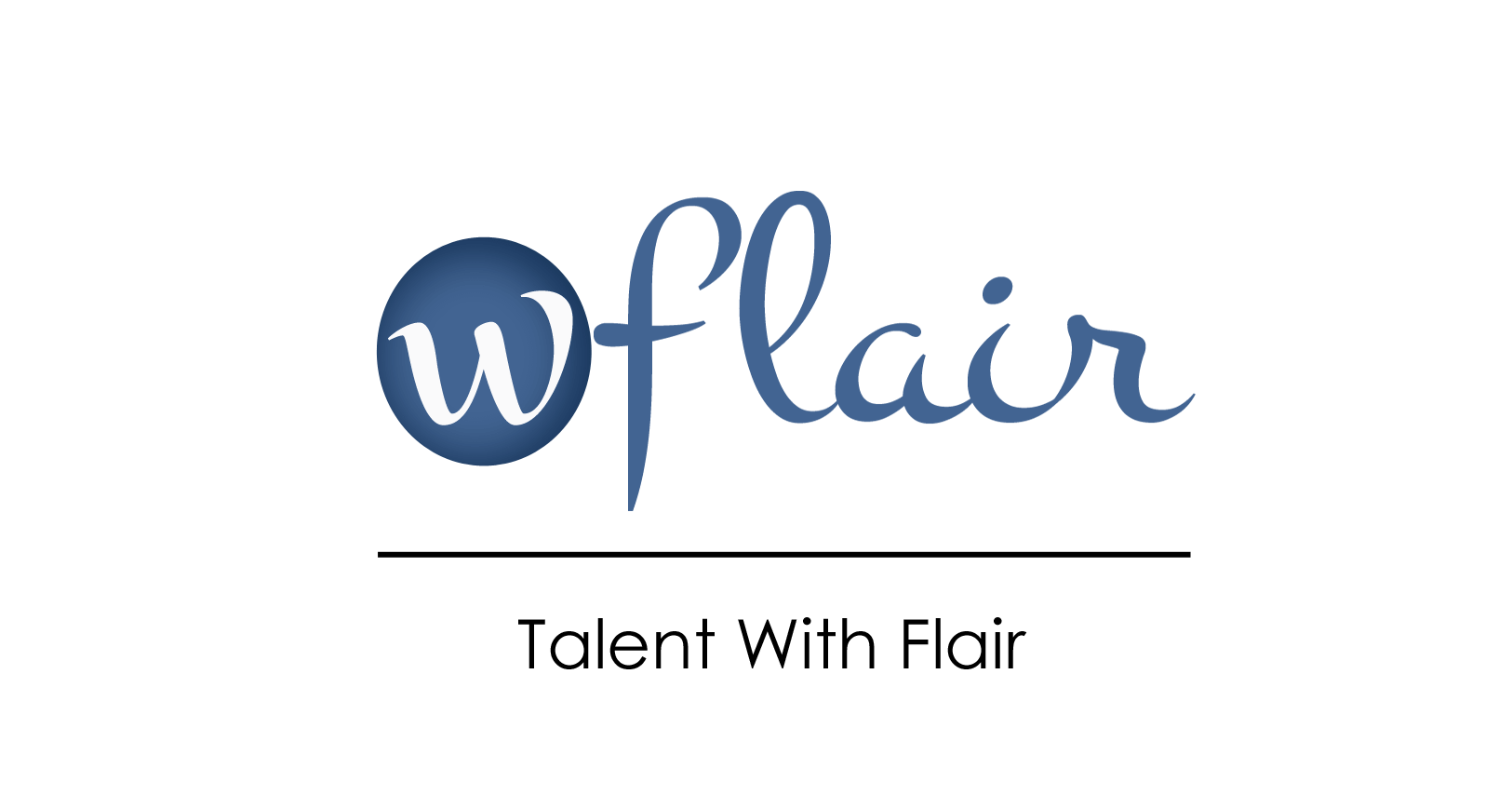
The healthcare industry is booming, and with it, the demand for skilled medical billing and coding specialists. These essential professionals ensure accurate medical claims are processed, patients are billed correctly, and healthcare providers receive proper reimbursement. If you’re organized, detail-oriented, and have a passion for healthcare, a career in medical billing and coding could be your perfect fit. This guide will take you through every step, from training to career success, to help you navigate this exciting field.
Understanding the Role:
Medical billing and coding specialists wear two important hats. As a medical biller, you verify insurance information, submit claims electronically, and follow up on unpaid bills. As a medical coder, you analyze medical records, assign relevant codes based on diagnoses and procedures, and ensure they comply with industry standards.
Starting Your Journey:
Several paths lead to a successful career in medical billing and coding. Here are the most common:
- Formal Education: Many community colleges and technical schools offer certificate programs in medical billing and coding. These programs typically take 9-12 months to complete and provide comprehensive training in medical terminology, coding systems, and billing procedures.
- Online Courses: Online programs offer flexibility and self-paced learning. Look for accredited programs that meet industry standards and include practical experience.
- On-the-Job Training: Some healthcare providers offer on-the-job training programs, but these may require prior experience or a relevant degree.
Certification:
While not always mandatory, earning a professional certification demonstrates your expertise and enhances your job prospects. Popular certifications include:
- Certified Coding Specialist (CCS) by AHIMA: The gold standard for coders, demonstrating competency across various specialties.
- Certified Billing and Coding Specialist (CBCS) by AAPC: Validates proficiency in both coding and billing tasks.
- Registered Medical Assistant (RMA) with a specialty in coding: Combines clinical knowledge with coding skills.
Choosing Your Specialty:
Medical billing and coding encompass diverse specialties, from family practice to pediatrics to surgery. Research different areas based on your interests and career goals.
Building Your Skills:
- Technical skills: Mastering coding systems like ICD-10-CM and CPT is crucial.
- Communication skills: Clear and concise communication with patients, providers, and insurers is essential.
- Computer skills: Proficiency in medical billing software and electronic health records (EHR) is a must.
- Attention to detail: Accuracy and meticulousness are paramount in this role.
- Organizational skills: Managing multiple tasks and deadlines efficiently is key.
Finding Your Job:
- Healthcare providers: Hospitals, clinics, and physician offices are major employers.
- Insurance companies: They process medical claims and require skilled coding specialists.
- Outsourcing companies: They provide billing and coding services to healthcare providers.
- Consulting firms: They offer specialized coding services to various healthcare entities.
Career Outlook and Salary:
The Bureau of Labor Statistics projects a 13% growth in medical billing and coding jobs between 2022 and 2032, significantly faster than the average for all occupations. Entry-level positions typically earn around $35,000 annually, with experienced coders and specialists earning up to $70,000 or more.
Continuing Education:
The healthcare industry constantly evolves, requiring ongoing learning. Participate in webinars, and conferences, and pursue additional certifications to stay updated and advance your career.
Making Your Mark:
As a certified medical billing and coding specialist, you play a vital role in ensuring the smooth functioning of the healthcare system. Your accuracy and dedication directly impact patient care, provider finances, and public health. With dedication and continuous learning, you can enjoy a rewarding and stable career in this ever-growing field.
Additional Resources:
- American Academy of Professional Coders (AAPC): https://www.aapc.com/
- American Health Information Management Association (AHIMA): https://www.ahima.org/
- Association of Medical Educators (AME): https://edhub.ama-assn.org/
- National Center for Healthcare Statistics (NCHS): https://www.cdc.gov/nchs/index.htm
Remember: This guide provides a roadmap, but your journey may differ. Research thoroughly, ask questions, and network with professionals to make informed decisions. With hard work and dedication, you can achieve your dream of becoming a successful medical billing and coding specialist!
